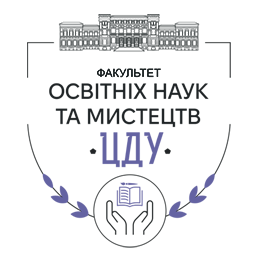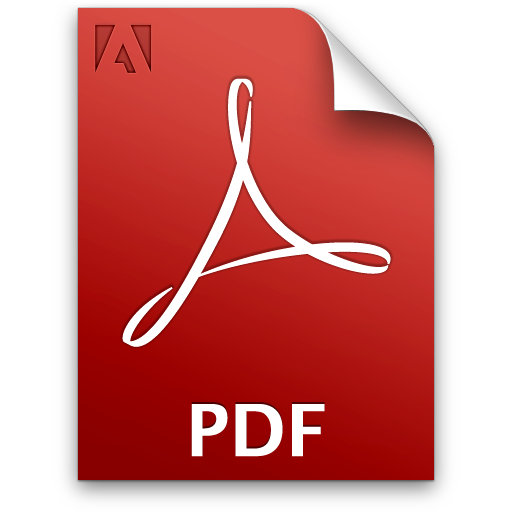MODERN TECHNOLOGIES AS AN EFFECTIVE TOOL IN LANGUAGE LEARNING
LYSENKO Liudmyla Oleksandrivna –
PhD, Associate Professor, Сhair of Linguodidactics And Foreign Languages
Centralukrainian Volodymyr Vynnychenko State Pedagogical University
ORCID: 0000-0001-5732-6317
e-mail: [email protected]
Summary
The article focuses on modern technologies of teaching English, as well as examines the main aspects of interactive learning of a foreign language due to the need to develop and improve students' communication skills. The main functions of using modern technologies are substantiated and determined, which significantly contribute to the effective learning of communicative skills. One of the main distinctive features of today’s education is the problem of developing new technologies of classroom activities. This process is usually accompanied with a series of obstacles that do not leave the teaching and learning process unmarked. Technology classroom activities differ greatly from the traditional ones. The teacher should take into account various methodological, psychological, linguistic and physical aspects that impact the process of learning of foreign language. By using the Internet the teacher will present the students powerful and interesting opportunities for communication, interaction and collaboration. Students should be encouraged to communicate not just with their group mates in the classroom but with those who are physically and geographically apart. Doing this, new ways for practicing language are opening. ICT provide appropriate basis for the development of main language skills – speaking, listening, writing and reading. Supporting the integration tendencies of cognition, the process of education informatisation actualizes the design and development of approaches to the potential use of information technologies in order to develop the personality of a student, his alternative thinking, imagination, attention, abilities.
Keywords: teaching, technology, language, tools, multimedia, videos, devices, mass media.
Full text:
REFERENCES
1. Абульханова-Славская К. А. Стратегия жизни / К. А. Абульханова-Славская. – М.: Мысль, 1991. – 301 с.
2. Асмолов А. Г. Личность как предмет психологического исследования / А. Г. Асмолов. – М.: МГУ, 1984. – 104 с.
3. Брушлинский А. В. Мышление и прогнозирование / А. В. Брушлинский. – М.: Мысль, 1979. – 230 с.
4. Зеер Э. Ф. Психология профессий: Учебное пособие для студентов вузов / Э. Ф. Зеер – М.: Академический Проект, 2003. – 336 с.
5. Маклаков А. Г. Общая психология / А. Г. Маклаков. – СПб: Питер, 2001. –592 с.
6. Шиянов Е. Н., Котова И. Б. Развитие личности в обучении: Учеб. пособие для студ. пед. вузов / Е. Н. Шиянов, И. Б. Котова. – М.: Издательский центр «Академия», 1999. – 288 с.






